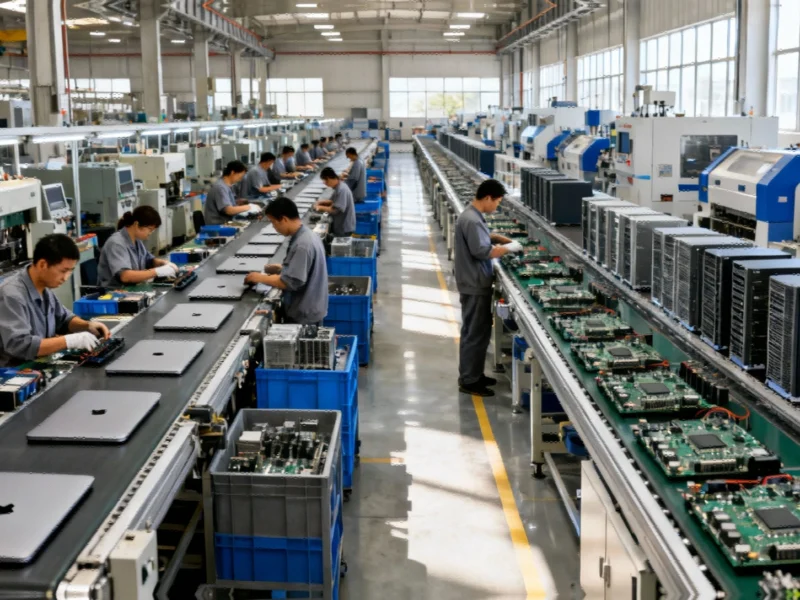Strategic UK Rare Earths Project Cancelled
A planned rare earths refinery that would have given the United Kingdom a strategic foothold in the critical minerals sector has been scrapped, with the company instead focusing on development opportunities in the United States, according to reports. The Saltend project, which was announced with much fanfare in 2022 as part of the government’s Critical Minerals Strategy, would have processed minerals used in high-tech applications including electric vehicle motors, wind turbines, and robotics.
China’s Market Dominance and Pricing Strategy
Despite their name, rare earth elements are actually relatively abundant in the Earth’s crust, though extraction remains challenging and costly. According to Pensana, the company behind the proposed refinery, China has used its market power in recent years to maintain artificially low prices, effectively stifling potential competition from other countries. This pricing environment reportedly made refining in the UK uneconomic without substantial government backing.
Insufficient Government Support Cited
Sources indicate that the £5 million investment announced by then-Prime Minister Boris Johnson in 2022 was “nowhere near enough” to make the project viable. According to Pensana’s founder Paul Atherley, the Treasury proved unwilling to contribute additional funding despite the strategic importance of establishing domestic rare earth processing capacity. This stands in stark contrast to support reportedly available in the United States, where similar projects are benefiting from investment packages worth hundreds of millions of dollars.
US Incentives Outpace UK Support
Analysts suggest the differential in government support between the two countries proved decisive in Pensana’s decision. The company reportedly compared the UK’s £5 million commitment with a US arrangement involving MP Materials that includes over half a billion dollars in investment and soft loans, plus a 10-year agreement guaranteeing minimum prices for all magnets produced. This substantial support package for American rare earth processing highlights the growing global competition for critical mineral supply chains.
International Response and Alternative Plans
At a recent International Monetary Fund meeting, Chancellor Rachel Reeves acknowledged the need to address reliance on specific countries for critical minerals, stating she was working with G7 counterparts on developing alternative supply strategies. Meanwhile, Pensana has announced plans to partner with US refiner ReElement to develop what they describe as a “sustainable, independent rare earth supply chain.” The company is also reportedly planning to list its shares on the Nasdaq stock exchange, further cementing its shift toward American markets.
Broader Implications for UK Industrial Strategy
The cancellation raises questions about the UK’s ability to secure strategic supply chains for the green technology transition. As recent coverage of industrial policy indicates, global competition for critical minerals infrastructure is intensifying. The Department for Business and Trade expressed disappointment at Pensana’s decision but characterized it as ultimately a commercial matter, while promising a new Critical Minerals Strategy would be published soon to help secure long-term supply chains.
Regional Development Continues Despite Setback
Despite the rare earth refinery cancellation, Paul Atherley insists he remains “very positive on the UK.” Another company he’s involved with, Tees Valley Lithium, is reportedly proceeding with plans for a lithium refinery in Northeast England, suggesting continued interest in developing the UK’s critical minerals capacity, albeit through different projects. This aligns with broader discussions about UK industrial and climate policy currently underway.
Global Context of Critical Minerals Competition
The situation reflects wider geopolitical tensions, as nations increasingly recognize the strategic importance of securing non-Chinese supplies of critical minerals. Recent analyses, including coverage of international trade dynamics, suggest that competition for rare earth processing capacity is becoming a key front in economic security strategies across developed economies. The UK government’s approach to reducing industrial electricity costs as part of its modern Industrial Strategy may help attract future projects in this sector.
This article aggregates information from publicly available sources. All trademarks and copyrights belong to their respective owners.



